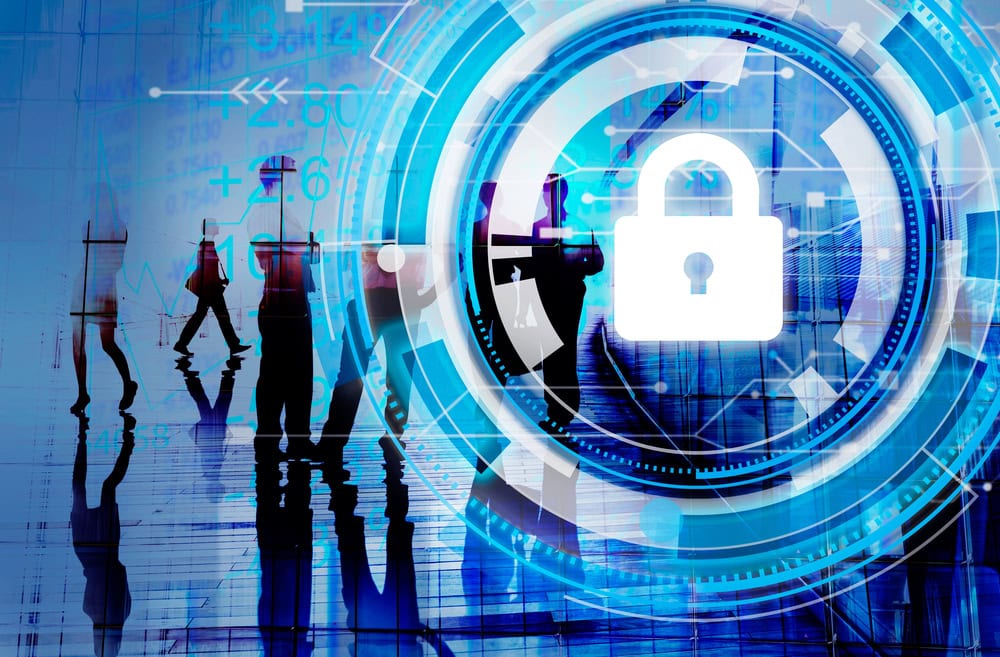Business travel and data security
On business trips, data is exposed to numerous risks: loss or manipulation of the end device, unsecured WLAN and inattentive employees are examples of this. With the right precautions, the risk becomes manageable.

Data security usually plays only a secondary role for business people planning a trip abroad. However, there are numerous dangerous scenarios that require special security measures, writes MSG Systems AG. It doesn't even have to be a trip to a high-risk country where data espionage is commonplace. Even a little inattention or the usage behavior familiar from the home country would harbor high risks. Accordingly, not only companies should take precautionary measures, but employees themselves can also minimize the risk decisively through conscious action.
What employees can do
Even the best precautions on the part of the company are of no use if employees do not observe certain rules of conduct. According to the MSG, anyone who internalizes the following measures will make a significant contribution to ensuring that the trip abroad does not end in a fiasco.
- Covert password entry. What applies to PINs at ATMs also applies to passwords: They should always be entered covertly. Otherwise, other people or hidden cameras can follow the entry.
- Do not lend or leave terminal unattended. As a matter of principle, a terminal device containing sensitive data should not be given out of hand - not even in supposed emergencies. Hotel rooms and safes are also not safe places to store data. Here, too, there is a risk of someone gaining access to the device and manipulating it or tapping into data.
- Do not use unencrypted or unknown WLANs. Anyone who uses an inadequately secured WLAN while traveling runs a high risk of data theft. Large hotel chains, whose WLAN infrastructure is usually operated by well-known, trustworthy providers, can be considered reasonably trustworthy - but caution is advised with small hotels or in cafés. If in doubt, assume that a third-party WLAN transmits data without encryption or is inadequately secured.
- Beware of foreign USB devices. USB sticks or devices that are plugged into one's own end device could be compromised or contain malware. This applies both to supposedly secure devices such as keyboards or chargers that are offered to the traveler for use, and to so-called USB gadgets such as fans, coffee cup warmers, etc.
- Use only your own terminal equipment. You should turn down a colleague's kind offer to access important websites, content or services from your end device. A keylogger could grab the login data or the device used could be contaminated with malware.









